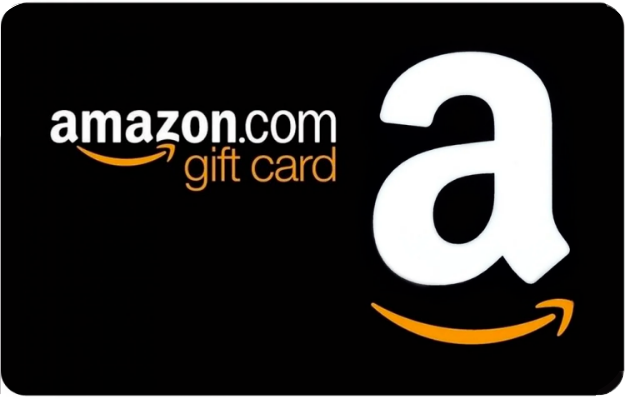Webinar
Think About Your Audience Before Choosing a Webinar Title

Sponsored by
What You’ll Learn in This Webinar
Over 1.3 billion people live with some form of disability; this number accounts for almost 20% of the U.S. workforce. While great strides have been made in closing the disability inclusion gap in the workforce, more needs to be done.
As the popularity of hybrid and remote work continues to grow, workers who live with a disability and work from home increasingly need accessible software and technology tools to support their quality of life. Software accessibility is crucial to enable all users to access and use technology effectively, regardless of their physical abilities, also it's also a legal requirement in many countries. So, how do you build accessible software? And how do you make sure your software meets accessibility requirements and standards?
Join our panel of software development experts as they discuss:
- Strategies to make software accessible to everybody
- Software accessibility requirements and guidelines
- How to test the accessibility of your software
- The tools you need to use to scan your software for potential issues and violations
Alan is founder, CEO & editor-in-chief of Techstrong Group, the company behind DevOps.com, Container Journal, Security Boulevard and Digital Anarchist, as well as co-founder of the DevOps Institute. As such, he is attuned to the world of technology, particularly cloud, DevOps, security and open source. With almost 30 years of entrepreneurial experience, Alan has been instrumental in the success of several organizations. He is an often-cited personality in the security and technology community and is a sought-after speaker at industry and government conferences and events. In addition to his writing, his DevOps Chats podcast, DevOps TV and Digital Anarchist audio and videos are widely followed. Alan attributes his success to a combination of a strong business background and a deep knowledge of technology. His legal background, long experience in the field and New York street smarts combine to form a unique personality. He is a graduate of St. John's University with a Bachelor of Arts in Government and Politics, and holds a JD degree from NY Law School.








